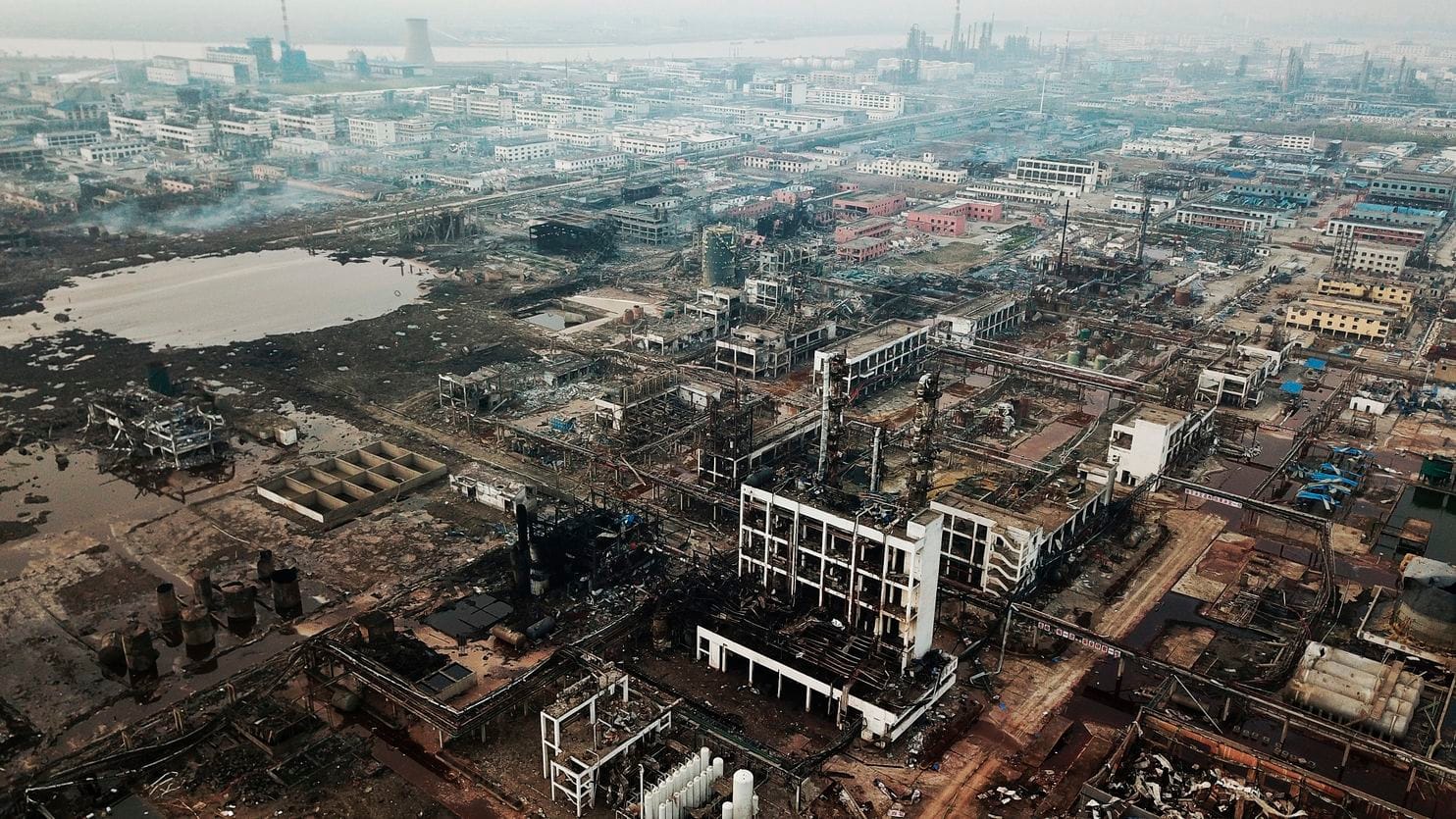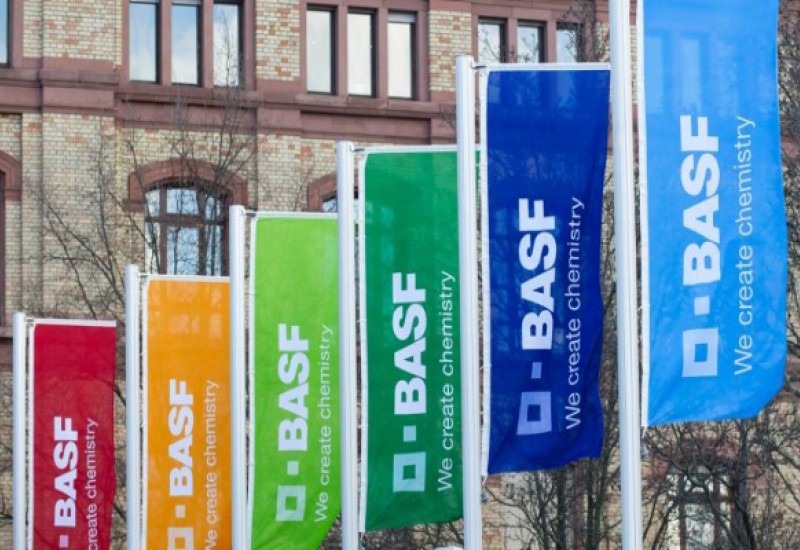Authorities close China blast park
Repercussions are continuing from the blast at the Chenjiagang Chemical Industry Park in Xiangshui, China, on 21 March, which killed 78 people and injured over 600 more. This could lead to further acceleration of the ongoing process of closing down chemical parks on China’s eastern seaboard, which is already having a major impact on consumers of Chinese raw materials worldwide.
The local authorities in Yancheng city ordered the park to be closed permanently “to rectify the industry”, according to the official Xinhua news agency. Then on 1 April, Jiemian.com reported, Jiangsu’s provincial government issued a draft plan to reduce the number of chemical parks in the province from 50 to 20 and the number of companies in them to fewer than 1,000 by 2022.
The stern response caught some in the industry by surprise, even though China has a track record of closing all the enterprises on parks where one has a serious accident. The decision may well have been compounded by an unrelated accident that took place ten days later on 31 March at Kunshan, also in Jiangsu province, killing seven people and injuring five.
The park at Xiangshui was built at a time when environmental regulation and safety control were both laxer. It had a poor track record: ten were killed at an incident there in 2017 and there had been multiple incidents in the period 2007-11. Previous rounds of ‘rectification’ there and two other parks in Northern Jiangsu have not resolved the problems and 300 of the 367 companies at the three sites have contravened environmental regulations.
The explosion itself took place in a facility run by Tianjiayi Chemical to make fertiliser, pesticides and/or other organic chemicals, according to different accounts. The cause is still unknown. It started many fires around Yancheng and caused damage over a radius of 6 km, even destroying the roof of Henglida Chemical Factory, 3 km away. Tianjiayi Chemical had previously been fined six times for breaking pollution and waste management laws.















